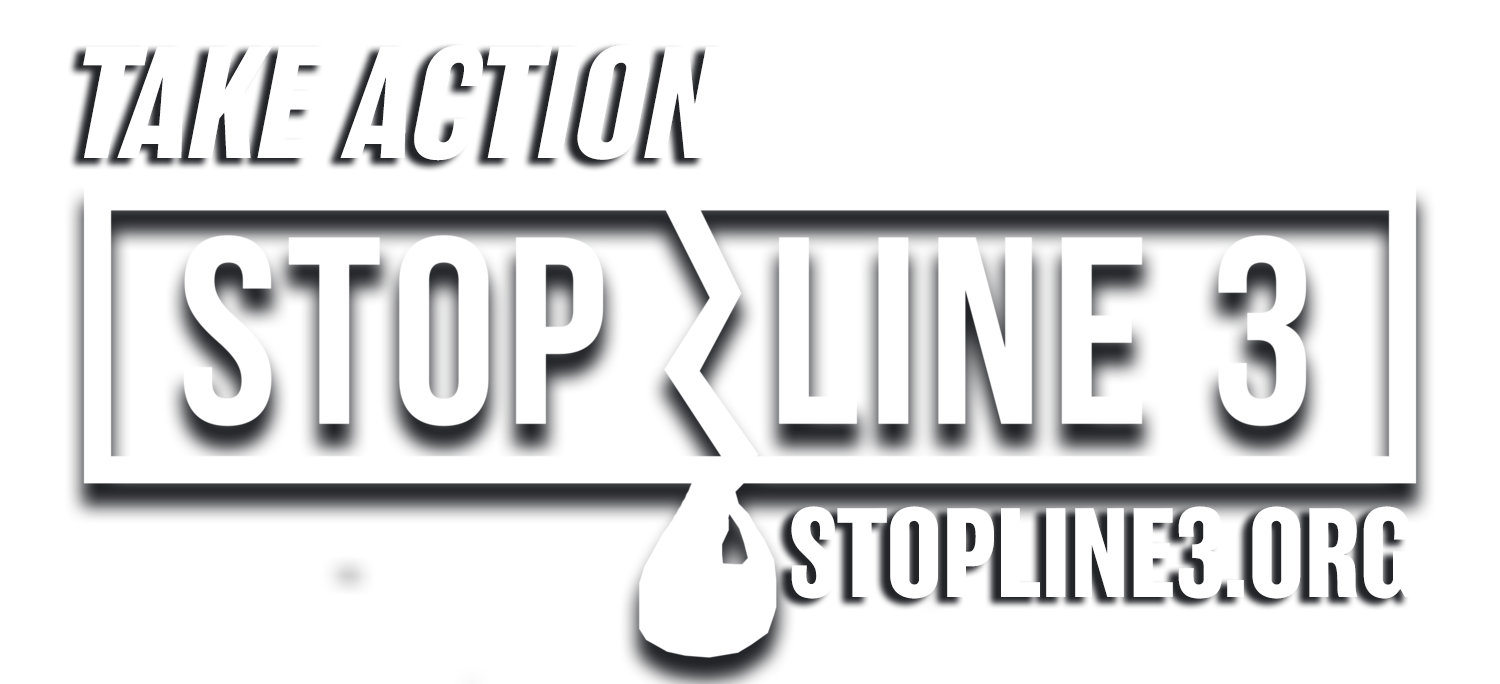Enbridge has stated and testified repeatedly that Line 3 is the only pipeline they currently plan to build in Minnesota. But during the 12-day evidentiary hearing for the State of Minnesota’s review process for Line 3, interesting new information came to light suggesting that Enbridge may be withholding other plans for their proposed new Line 3 corridor. Of course, this wouldn’t be surprising - when they first proposed this corridor for the Sandpiper in 2013, they promised they had no other plans for it, then in 2014 announced their intention to build a new Line 3 there also. And Line 3 is just one of three ancient pipelines in the Enbridge Mainline corridor - Lines 1 and 2 are even older and likely also need to be “replaced” soon.
The evidentiary hearing was essentially a trial - a chance for attorneys and intervening parties to cross-examine each other’s witnesses while under oath, and pick apart their extensive pre-filed testimony. Each side tried to expose flaws in their opponents’ arguments and lay the groundwork for formal legal briefs, which will be submitted to the Administrative Law Judge before the end of the year.
When Enbridge’s easement witness, John McKay, took the stand on November 3, Honor the Earth attorneys presented new evidence to ask him about: copies of 3 easements for a private landowner along the proposed new route for Line 3. The easements are public documents and were obtained by Honor the Earth through a simple request to the County Recorder’s Office, but personal information has been redacted in the versions attached here, out of respect for the landowners’ privacy.
In July 2014, these landowners signed two contracts - one granting an easement for “a single pipeline” to North Dakota Pipeline Company LLC, the Enbridge subsidiary that proposed to build Sandpiper, and one granting an easement for “a single pipeline” to Enbridge, presumably for Line 3. Then in September 2017, three years later, and one year after the cancellation of Sandpiper, they signed a third contract granting an easement to Enbridge for “two pipelines.” Very interesting.
When Honor the Earth attorneys asked Mr. McKay to explain this most recent easement, he said that its purpose was simply to consolidate the previous two easements from 2014 into a single document, so that the landowners would have clearer title. This is a plausible explanation. But Administrative Law Judge Ann O’Reilly was quick to follow up, asking if Enbridge had terminated the previous two easements. Mr. McKay responded that they had not. He grew visibly nervous and looked anxiously to Enbridge attorneys for direction. Judge O’Reilly asked if this means that Enbridge now owns the rights to build 4 pipelines on this particular piece of land. Mr. McKay confirmed sheepishly that they do, but that “at some point we are going to release those two previous easements so that we’ll have only one.”* To which Judge O’Reilley replied, “But that’s just what you’re saying now. There’s no written agreement or requirement that you do that, is there?”** Mr. McKay confirmed that there is not.
Enbridge’s Line 3 Project Director, Paul Eberth, later took the stand and reiterated the company’s position that they have no plans for other pipelines in Minnesota. When asked by attorneys representing the MN Department of Commerce if Enbridge plans to terminate all their Sandpiper easements. He testified that they do not, and that in fact Enbridge never terminates any of their easements because they consider them valuable company assets. When asked to explain why they would want easements for a pipeline that they have no plans to build, he said that keeping them would simply give the company greater “flexibility,” but gave no concrete explanation of what he meant by that.
Later in the hearing, Levi Brown, Natural Resources Director of the Leech Lake Band of Ojibwe, testified that the Band’s easement contract with Enbridge for their mainline corridor expires in 2025. The Enbridge mainline corridor contains 6 oil pipelines, and currently crosses the Leech Lake and Fond du Lac Reservations on its way from Alberta to Superior, Wisconsin. The Leech Lake Band has stated and testified repeatedly that their water-rich reservation is already beyond its ecological capacity for linear energy infrastructure, and that the Band absolutely will not accept a new oil pipeline under any circumstances. Brown reiterated this position under oath and presented documentation from the tribal council. Especially viewed in light of Enbridge’s easements for multiple pipeline, the 2025 expiration date of the Leech Lake Band’s mainline corridor easement raises serious questions about the new corridor that Enbridge has proposed to establish with this so-called “Line 3 Replacement.” How many other lines are they planning for it? We don’t know. But it is a question that everyone should be asking.
* Line 3 Evidentiary hearing transcripts, 110317V3B, PUC Dockets 14-916 and 15-137, Page 36, lines 10-12.
** Line 3 Evidentiary hearing transcripts, 110317V3B, PUC Dockets 14-916 and 15-137, Page 37, lines 4-6.
EASEMENT CONTRACTS:

